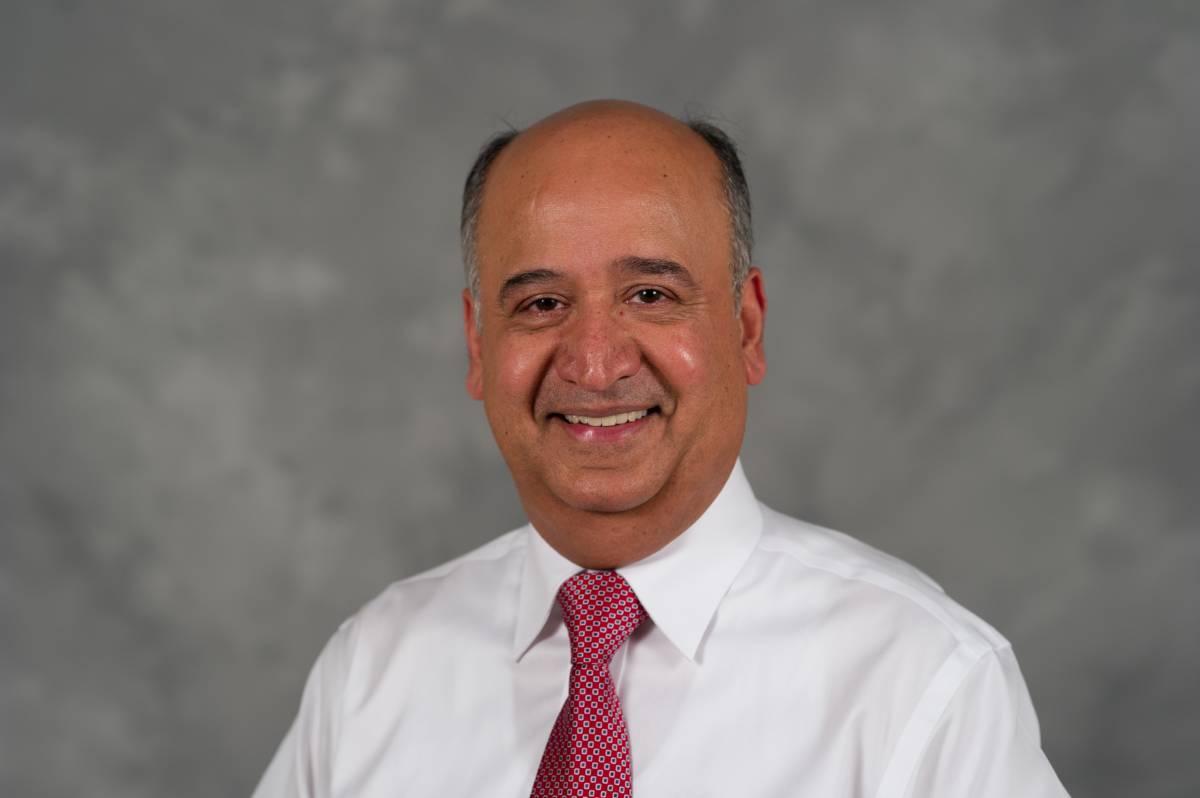Longtime Georgia Tech faculty member has served in role since 2012

Naresh Thadhani, chair of Georgia Tech’s School of Materials Science and Engineering (MSE) since 2012, will step down from the role on July 31, 2022. Thadhani will continue as a full-time MSE faculty member upon completion of his second, five-year term as chair. This is his 31st year at Georgia Tech.
“The College of Engineering and I are grateful for Naresh’s leadership and wisdom as MSE chair,” said Raheem Beyah, dean and Southern Company Chair. “He built a young program into one of the nation’s elite, while also solidifying strong relationships with alumni and donors. His impact on Georgia Tech, especially with students and faculty, sets the course for the next stage in MSE’s continued global success.”
Thadhani was named chair in 2012, two years after MSE merged with the School of Polymer Textile and Fiber Engineering. The School is consistently ranked among the top materials programs in the nation by U.S. News & World Report. MSE is 4th among undergraduate programs and 7th among graduate programs.
Thadhani has overseen the School’s growth, as it is the largest program of its kind based on faculty numbers (39). It’s also the nation’s most diverse program as it relates to areas of faculty expertise, which includes all forms of traditional and advanced materials, their processing, structure, and property characterization, and discovery through computations.
During his two terms as chair, Thadhani established the Materials Innovational and Learning Laboratory (The MILL), MSE’s student-led, open-access “Make and Measure” space. He was also instrumental in building partnerships with industry, including the Novelis Innovation Hub. The cross-functional collaboration model involving applied and basic sponsored research funding engages Novelis researchers with faculty from various Georgia Tech units. The Hub also provides philanthropic support for student and other programs.
“I am incredibly proud of the many accomplishments we have achieved together, propelling the School to where we are today: a model materials program,” said Thadhani. “The confidence and support provided by MSE students, faculty, staff, and alumni have been truly humbling. Their camaraderie, encouragement, and trust have served as my inspiration and motivation. I am honored and privileged for having this opportunity.”
Thadhani’s research focuses on shock-compression and high-strain-rate deformation of materials. This includes probing the fundamental mechanisms of shock-induced physical, chemical, and mechanical changes through experiments and computations. He also concentrates on better understanding the effects of microstructure on the deformation and fracture response of metals, ceramics, polymers, and composites subjected to ballistic impact and high-strain-rate loading. He has led significant advancements in the understanding of shock-induced phase transformations and mechanical properties of bulk metallic glasses and ferrous and non-ferrous alloys, as well as the design, development, and characterization of structural energetic materials.
To date, Thadhani has attracted funding exceeding $18 million from federal agencies, national laboratories, and industry for his research. During his term as chair, he also served on several review boards, including the National Academy of Science panel for review of the Army Research Laboratory (2015, 2016, and 2018).
Details about the search to find the next permanent chair of the School will be announced soon.